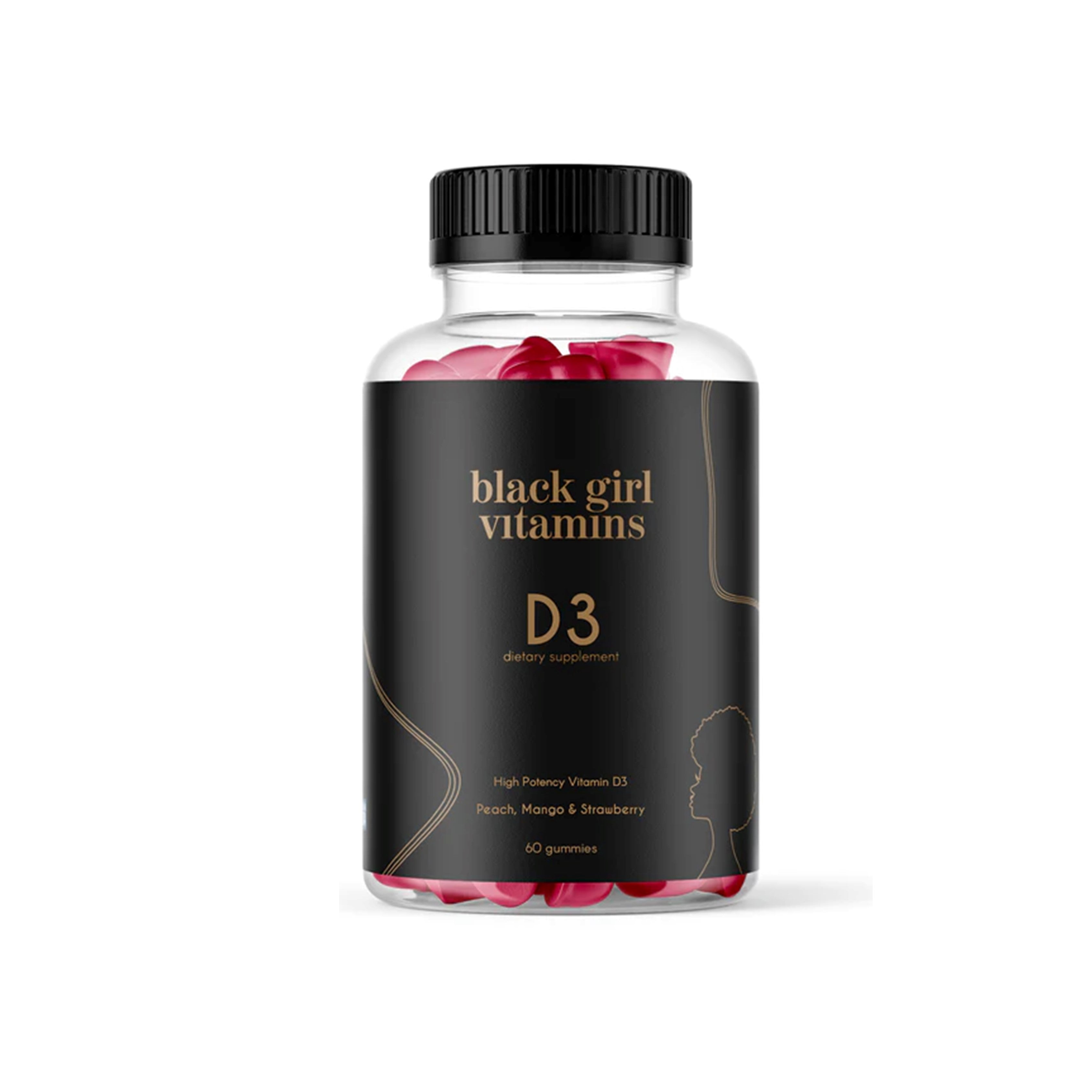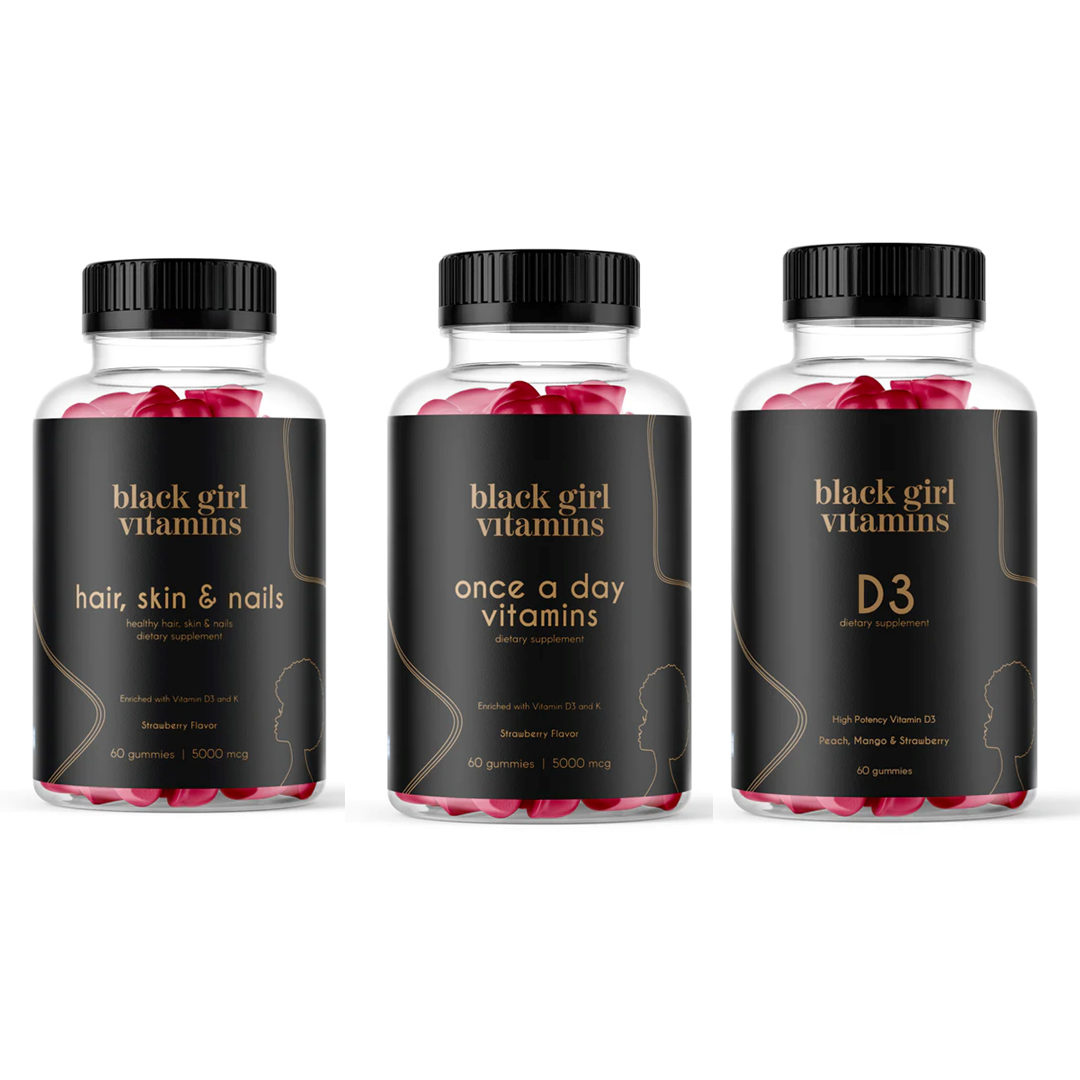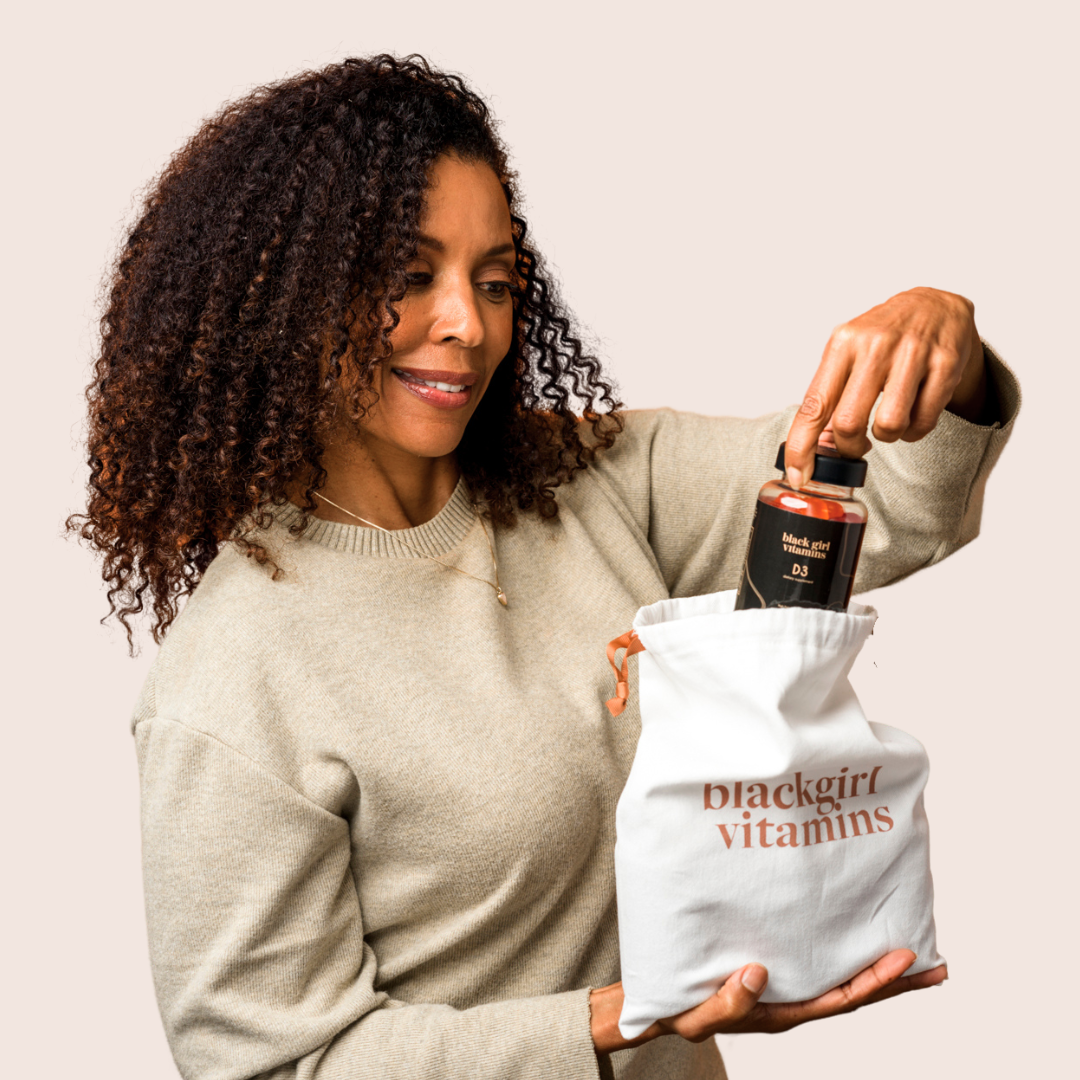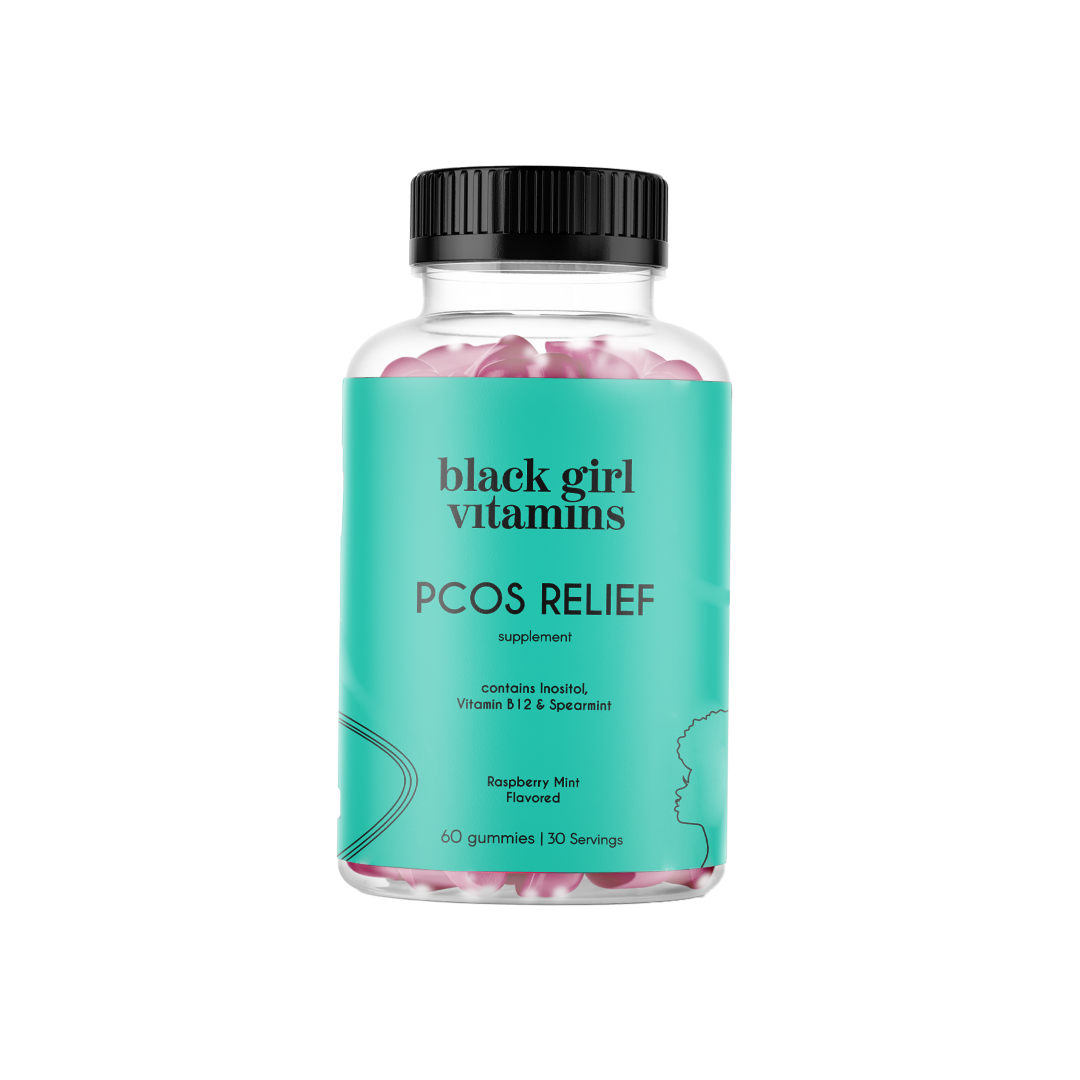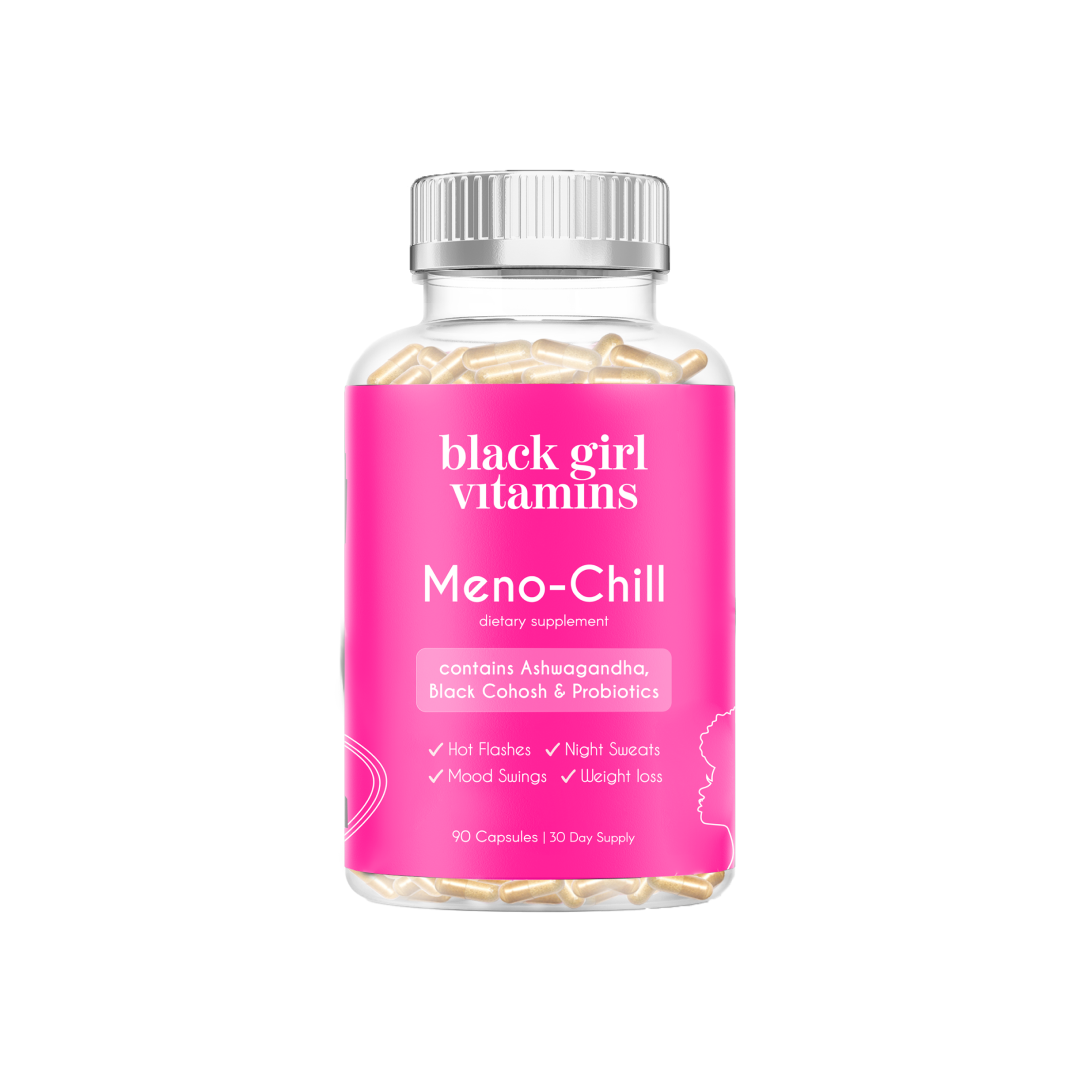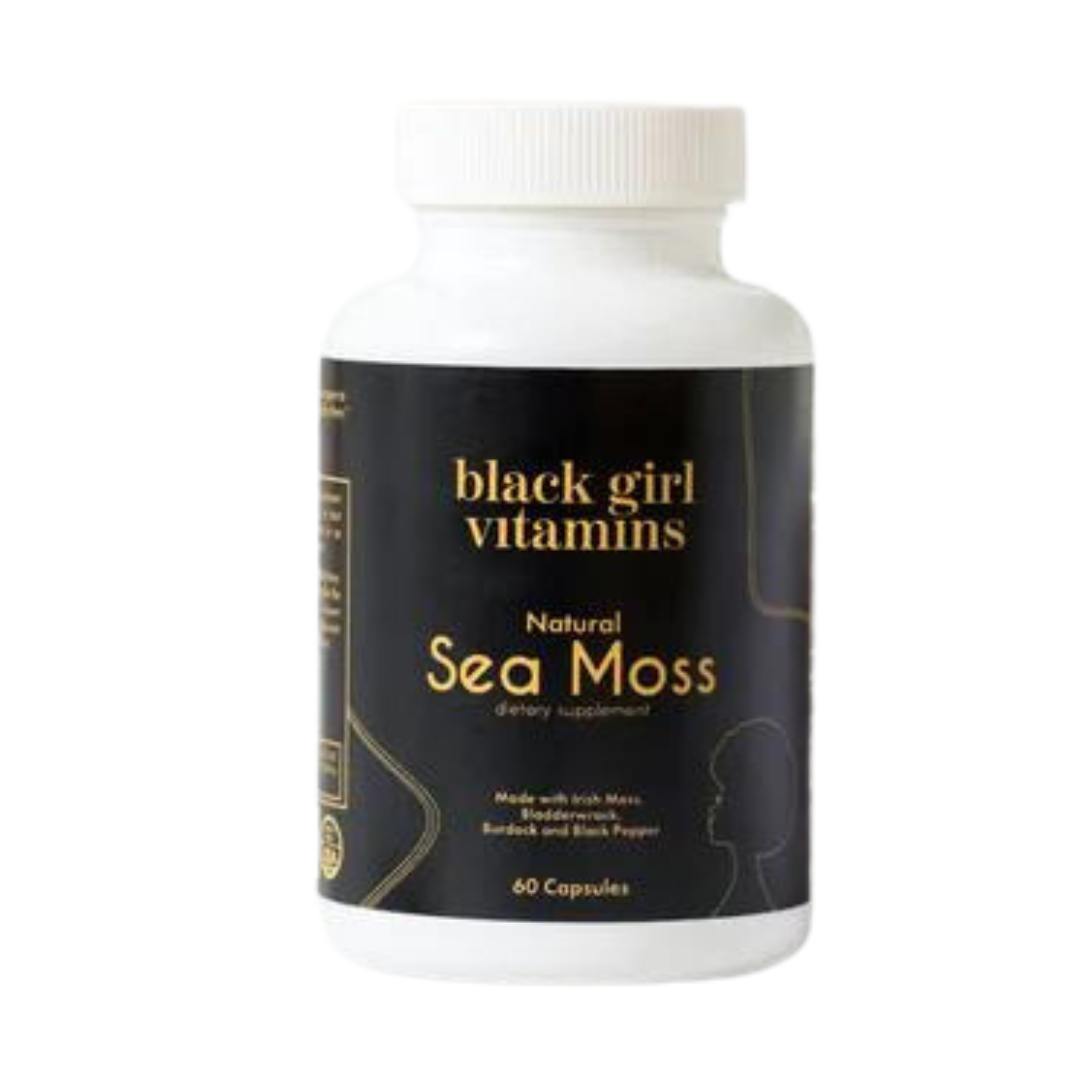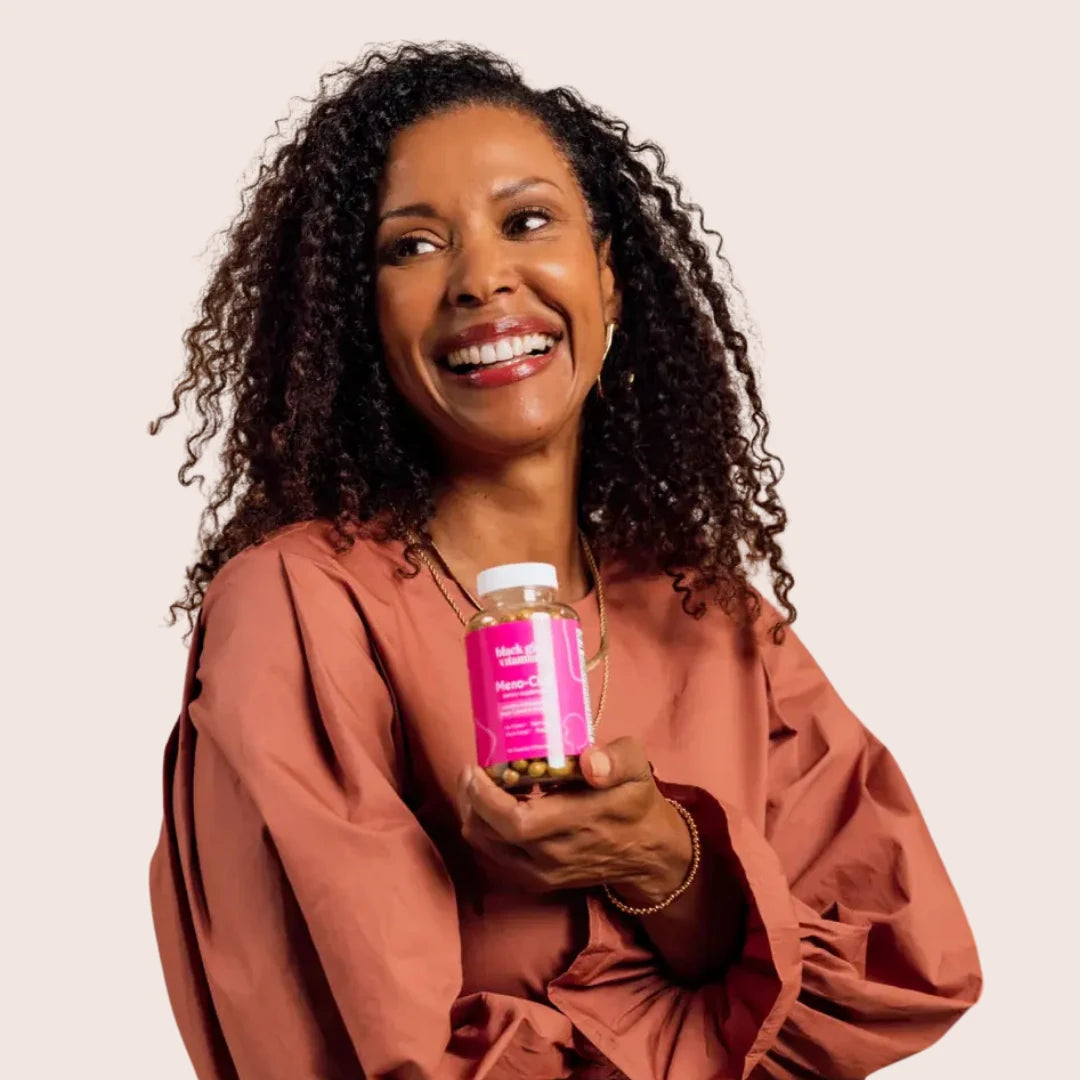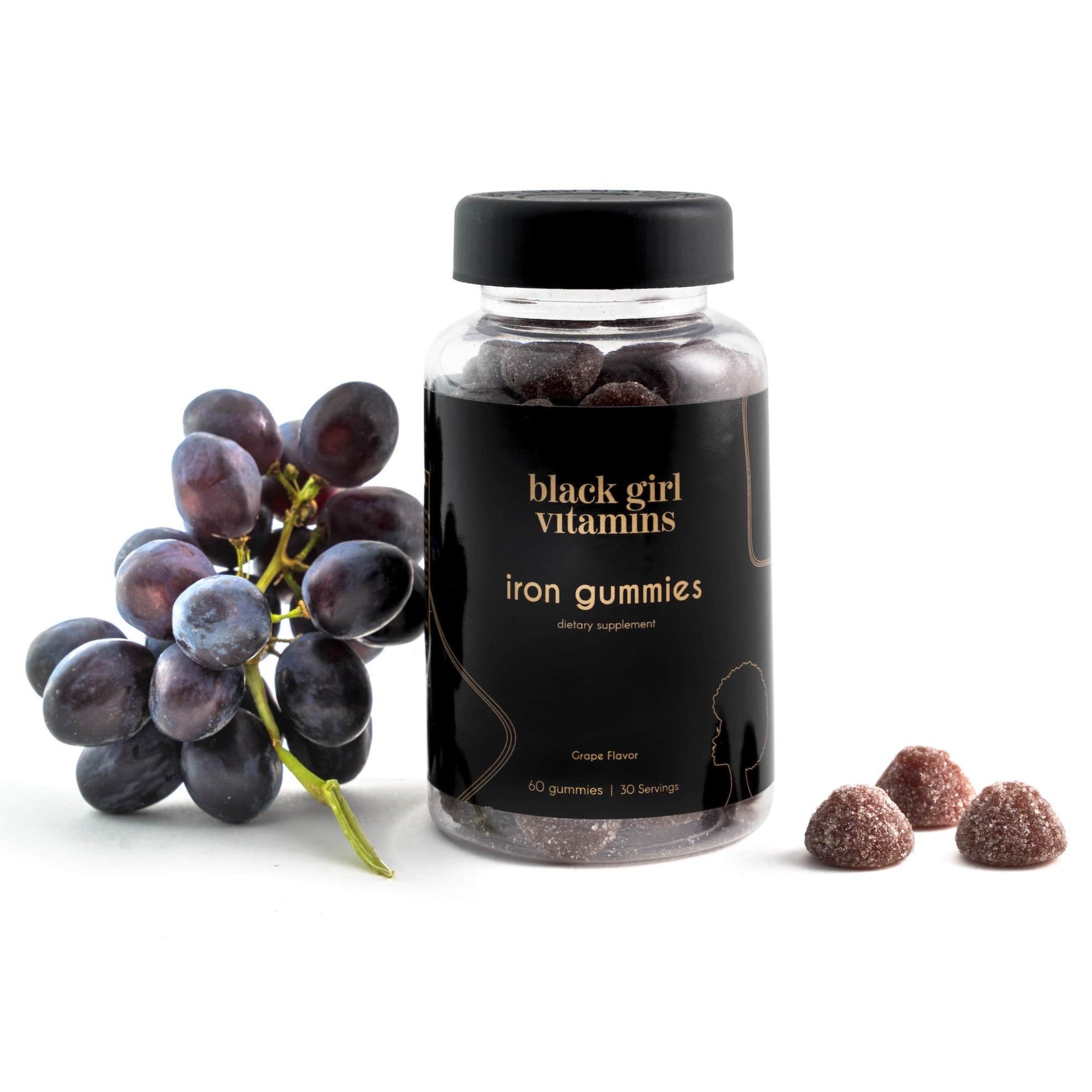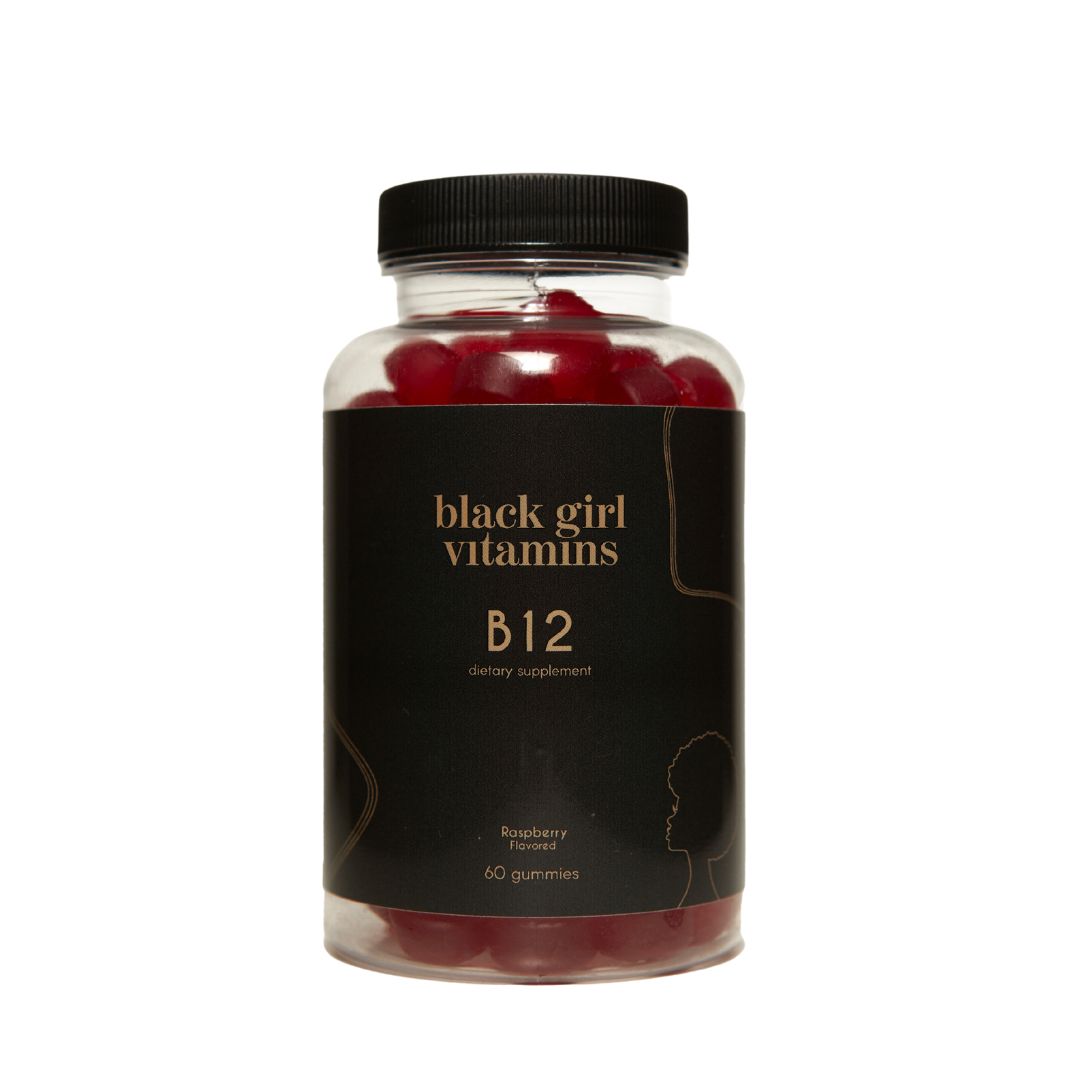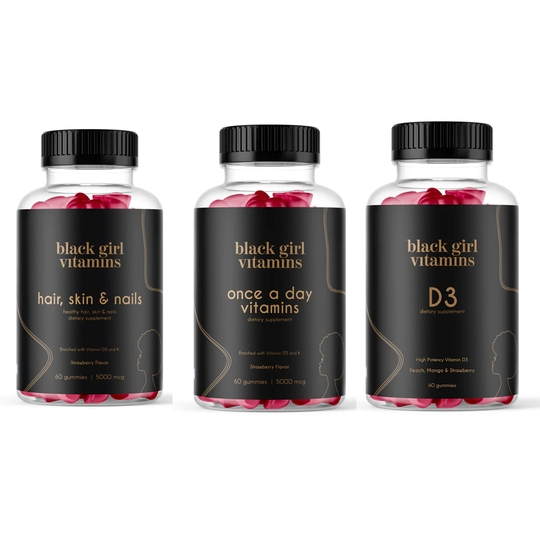PCOS Self-Care: Lifestyle Changes To Consider for the Black Woman Struggling With Symptoms

Reviewed by | Bryanne N. Standifer-Barrett MD
Are you dealing with symptoms of polycystic ovary syndrome (PCOS)? It’s a condition experts say one out of 10 women have worldwide.
Though it’s usually considered a reproductive disorder, it affects many other areas of your health, which is why most experts call it an endocrine disorder. While it’s primarily recognized in women of reproductive age, PCOS symptoms won’t necessarily go away once you hit menopause.
Black women often face additional challenges and risks with the disorder, so in this article, we’ll discuss specific PCOS self-care steps and lifestyle changes you can use to manage your symptoms.
What Should Black Women With PCOS Know?
While PCOS is often viewed as a women’s reproductive issue, it may be more accurately described as a hormonal issue.
When you have PCOS, your ovaries aren’t property regulating the balance of your hormones. You have too much of a male sex hormone called androgen and too little progesterone. Your body doesn’t respond to insulin the way it should. These hormonal imbalances can cause a wide array of symptoms, including hirsutism, acne, weight gain, irregular menstrual cycles, and ovarian cysts.
PCOS shows up differently in each woman, so diagnosis and treatment are tailored to each person. It’s often misdiagnosed or underdiagnosed, partly because there isn’t a single set of criteria that experts agree constitute a diagnosis — technically, you don’t even need ovarian cysts to have it.
About 50% of women with PCOS develop diabetes or prediabetes before they turn 40, and your risk of nonalcoholic fatty liver disease and endometrial cancer goes up. PCOS also places you at risk for a condition called metabolic syndrome, which increases your risk of heart attacks and strokes.
As a Black woman with PCOS, you also have a higher risk of cardiovascular disease and metabolic syndrome. With no cure in sight, taking charge of your PCOS self-care with lifestyle changes and adopting good health habits is a critical component to managing both your symptoms and risk factors. Let’s take a look at your options.
What Is a Healthy PCOS Diet?
A balanced diet is one of the easiest ways to manage PCOS symptoms. Because PCOS is associated with a chronic state of inflammation, you may want to decrease the inflammatory foods you eat and work to improve your gut health.
Adding more foods that are believed to help regulate hormones, like fish rich in omega-3s may also help. Some vitamins, such as B12, may help fight insulin resistance, too. Fill your diet with fiber-rich foods that are good for your heart and blood sugar regulation to enhance your PCOS self-care.
What Kind of Exercise Can Help With PCOS Symptoms?
The best exercises for PCOS self-care are the ones you enjoy enough to continue doing. Consider choosing methods that will improve your insulin sensitivity and overall health. Strength training builds muscle, which helps your body use sugar more effectively and may help manage insulin resistance.
A 2021 study indicated that high-intensity interval training (HIIT) can also reduce anxiety and improve overall health for women with the condition. Almost any kind of exercise can help relieve stress and improve health outcomes.
How Can I Reduce and Manage Stress?
Stress can increase inflammation levels and worsen PCOS symptoms. Practicing a form of meditation, yoga, or another self-care practice that helps you relax can support your PCOS self-care.
You can also consider taking additional vitamins and supplements that may help reduce symptoms, including vitamin D. Just remember, the tools you choose for stress management shouldn’t add to your stress.
Does Improving Sleep Quality Reduce PCOS Symptoms?
Poor sleep makes stress, hormonal imbalances, and insulin resistance worse. This can make your irregular cycles and male-pattern hair growth more prominent, lead to weight gain, and increase fatigue.
Improving your sleep hygiene is an easy way to enhance your PCOS self-care. Here are some general guidelines to get you started:
- Regulate your sleep schedule by consistently going to bed and waking at specific times
- Create a relaxing routine for bedtime with calming activities like a warm bath, reading, or gentle stretching
- Make your sleep environment quiet, dark, and cool
- Get regular exercise
- Eat a healthy, balanced diet and avoid big meals before sleeping
Women with PCOS often have sleep disorders or sleep apnea. Consider talking to your doctor about getting screened for those conditions and asking if you would benefit from supplements, such as the hormone melatonin, to support your sleep.
Beyond PCOS: Take Charge of Your Health
Research on PCOS is underfunded and has primarily focused on cases in white women — despite the condition occurring more often and more severely in women of color.
Black women are known to have more infertility-related problems associated with the condition and generally have less access to fertility treatments. Specialized PCOS care can also be difficult to access.
Black women typically need more aggressive treatment options because we have higher rates of metabolic syndrome and insulin resistance. You can take charge of your health by managing your symptoms and reducing health risks with PCOS self-care activities, lifestyle changes, and high-quality vitamins and supplements.
Sources:
Polycystic Ovary Syndrome (PCOS) | Johns Hopkins Medicine
Hirsutism | National Library of Medicine
Is PCOS an Inflammatory Process? | PMC PubMed Central
Exercise and Stress: Get Moving To Manage Stress | Mayo Clinic
A Guide to the Best Vitamins and Supplements for Stress | Forbes
Racial and Ethnic Differences in the Polycystic Ovary Syndrome Metabolic Phenotype | AJOG





